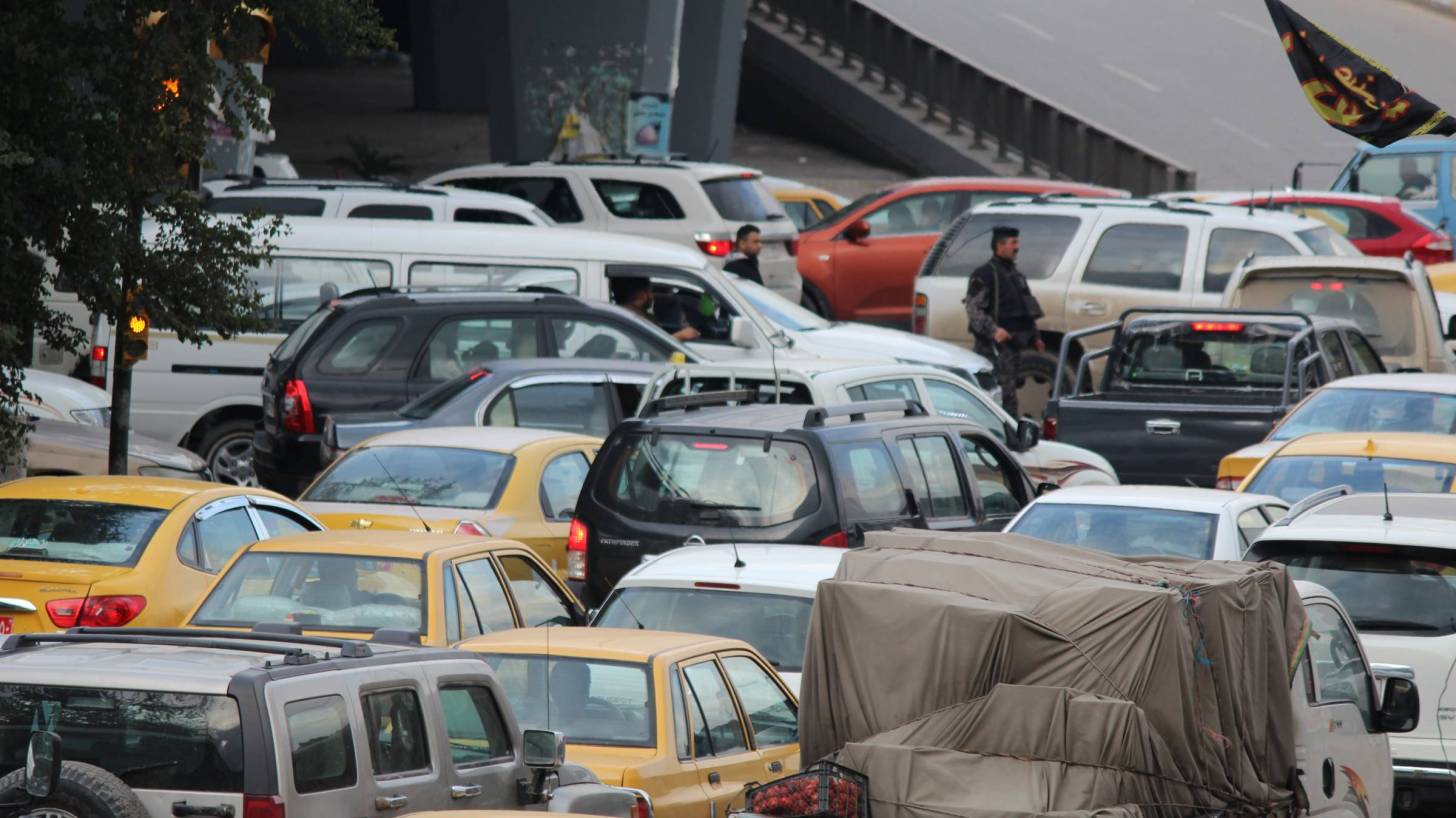Iraq Issued Level 4 Travel Advisory

A new Level 4 Travel Advisory has been issued by the US Department of State for the country of Iraq.
This ‘Do Not Travel’ Advisory was issued on May 15, 2019, and is related to various conflicts in Iraq, which may place US citizens at risk.
Additionally, the Department of State ordered the departure of non-emergency U.S. government employees from the U.S. Embassy in Baghdad and the U.S. Consulate in Erbil.
The US Embassy’s website notice says, ‘Depart Iraq by commercial transportation as soon as possible, and avoid U.S. facilities within Iraq.’
The State Department says ‘Numerous terrorist and insurgent groups are active in Iraq and regularly attack both Iraqi security forces and civilians. Anti-U.S. sectarian militias may also threaten U.S. citizens and Western companies throughout Iraq.
And, the U.S. government’s ability to provide routine and emergency services to its citizens in Iraq is extremely limited.
The American Citizens Services Section at the U.S. Embassy Baghdad will continue to provide consular services to U.S. citizens in Basrah.
Moreover, this Level 4 Advisory says:
- U.S. citizens should not travel through Iraq to Syria where they would face extreme personal risks, such as kidnapping, injury, or death, arrest, fines, and/or expulsion.
- The Kurdistan Regional Government stated that it will impose prison sentences of up to 10 years on individuals who illegally cross the border.
- Due to risks to civil aviation operating within or in the vicinity of Iraq, the Federal Aviation Administration has issued a Notice to Airmen and/or a Special Federal Aviation Regulation.
Additionally, if you decide to travel to Iraq:
- Draft a will and designate appropriate insurance beneficiaries and/or power of attorney.
- Discuss a plan with loved ones regarding care/custody of children, pets, property, belongings, non-liquid assets (collections, artwork, etc.), funeral wishes, etc.
- Share important documents, login information, and points of contact with loved ones so that they can manage your affairs if you are unable to return as planned to the United States.
- Establish your own personal security plan in coordination with your employer or host organization, or consider consulting with a professional security organization.
- Enroll in the Smart Traveler Enrollment Program to receive alerts and make it easier to locate you in an emergency.
- U.S. citizens who travel abroad should always have a contingency plan for emergency situations, such as this Traveler’s Checklist.
Separately, the Canadian and UK authorities issued travel advisories related to Iraq.
On April 23, 2019, Canada’s travel advisory said ‘Avoid all travel to Iraq, including the areas controlled by the Kurdistan Regional Government, due to a very volatile, dangerous and unpredictable security situation. If you are in Iraq, consider departing by commercial means if it is safe to do so.’
And, on March 12, 2019, the UK advice said, ‘The Foreign and Commonwealth Office advises against all travel to various Iraq provinces, and all but essential travel to the rest of Iraq, including the remainder of the Kurdistan region.
From a health perspective, the US Centers for Disease Control and Prevention (CDC) said on March 29, 2019, that visitors to Iraq should be up to date on Routine Vaccinations and various preventive vaccines, based upon where you are traveling.
Pre-trip, medication and vaccine counseling session can be scheduled at Vax-Before-Travel.
Our Trust Standards: Medical Advisory Committee

